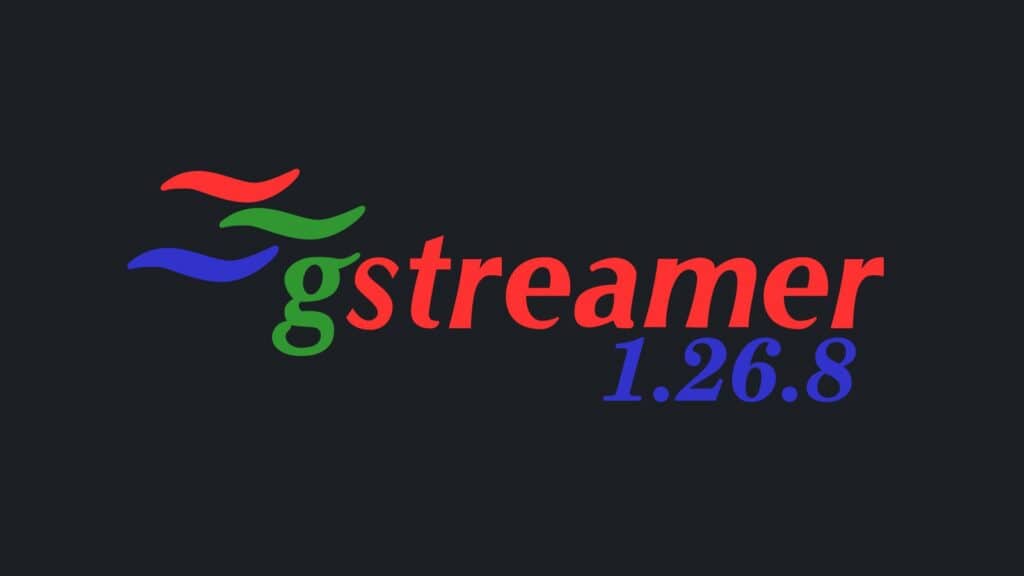The GStreamer team has released a new bug-fix update, 1.26.8, of its cross-platform open-source multimedia framework for the stable 1.26 series.
One of the most noticeable fixes addresses an issue with washed-out colors in HDR videos when subtitles were active in the Showtime video player. The patch ensures that HDR content now displays accurate color rendering even with subtitle overlays enabled.
The update also brings refinements to AV1 parsing, resolving a duplicated frame issue in frame splitting, as well as improvements in EAC3 datarate calculation and substream writing within the fmp4mux component.
At the core level, GStreamer 1.26.8 delivers performance improvements for elements with many source pads, optimizing complex media pipelines. The x265 encoder has been updated to dynamically advertise latency based on encoder parameters, rather than relying on a hard-coded five-frame value, ensuring more accurate latency reporting.
Additionally, the release includes multiple memory leaks and build system fixes, including enhancements to cerbero — GStreamer’s package builder — which now adds Rust support for 32-bit Linux platforms.
Beyond the core framework, numerous modules see focused stability updates. Notable examples include:
gtk4painablesink: Fixes visual glitches with padded buffers and sub-sampled video formats.rtpvp9pay: Corrects parsing of the show-existing-frame flag for better compatibility withvavp9lpenc.webrtcsink: Resolves potential deadlocks by improving lock ordering.mpegtsmux: Adjusts PUSI flag and ID3 tag handling for greater stream integrity.v4l2: Device monitor improvements increase reliability for hardware video capture.
Furthermore, gst-plugins-rs — GStreamer’s Rust-based plugin collection — gains a new auto_plugin_features Meson build option and now builds successfully without requiring every GStreamer library to be present, simplifying compilation.
For more information, see the announcement. Binaries for Android, iOS, macOS, and Windows are expected to be available soon.
